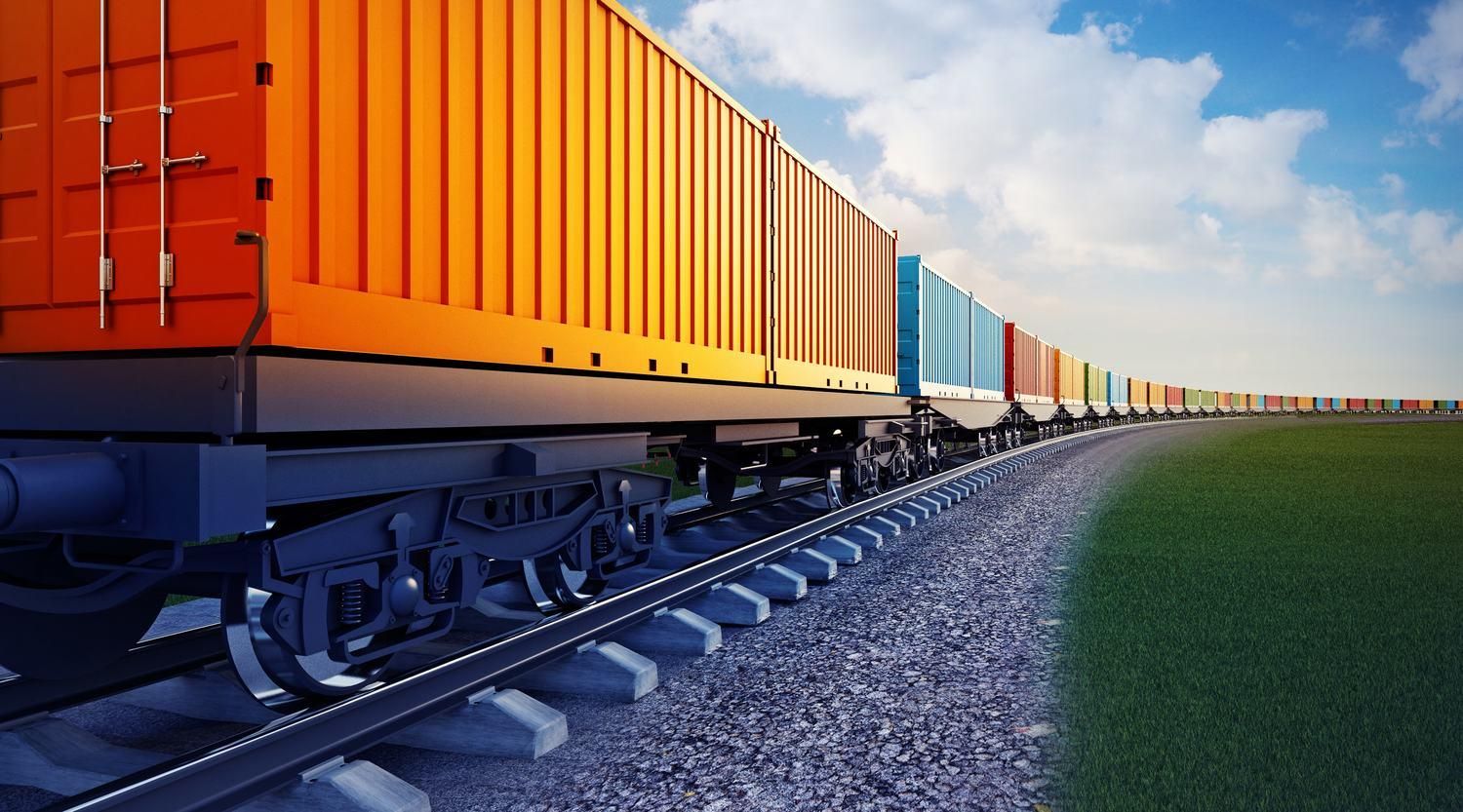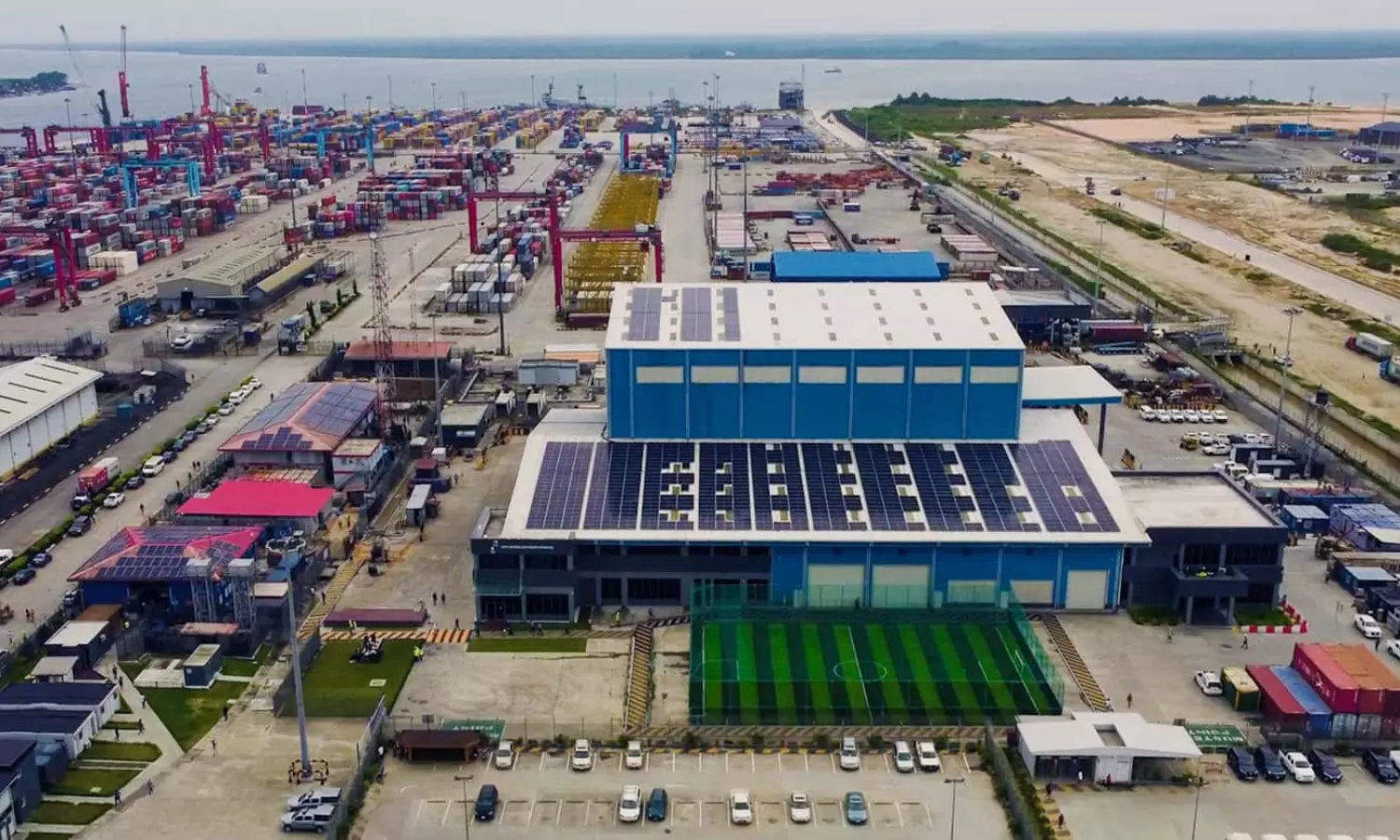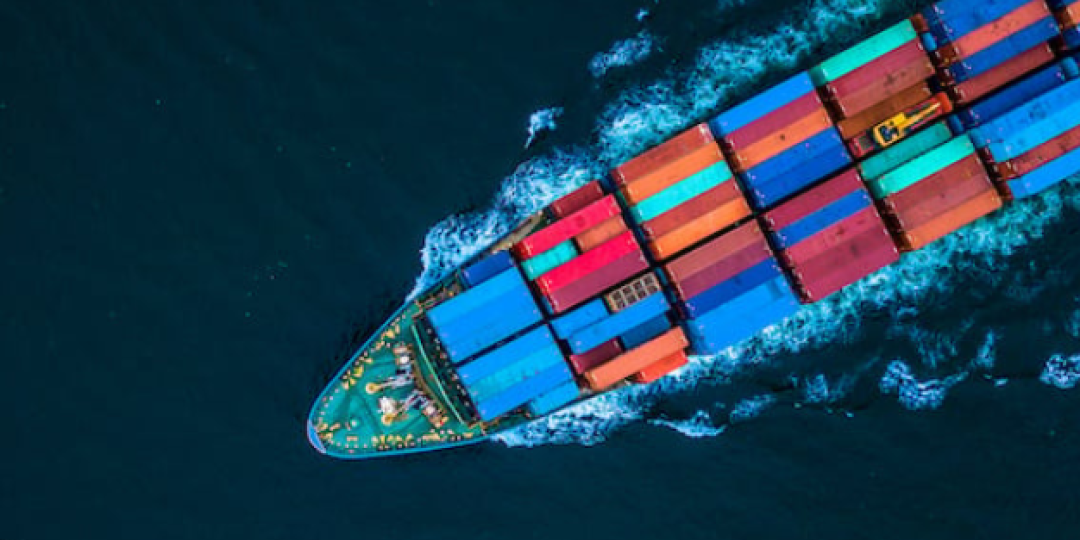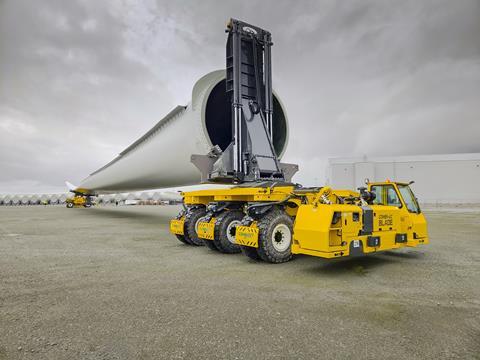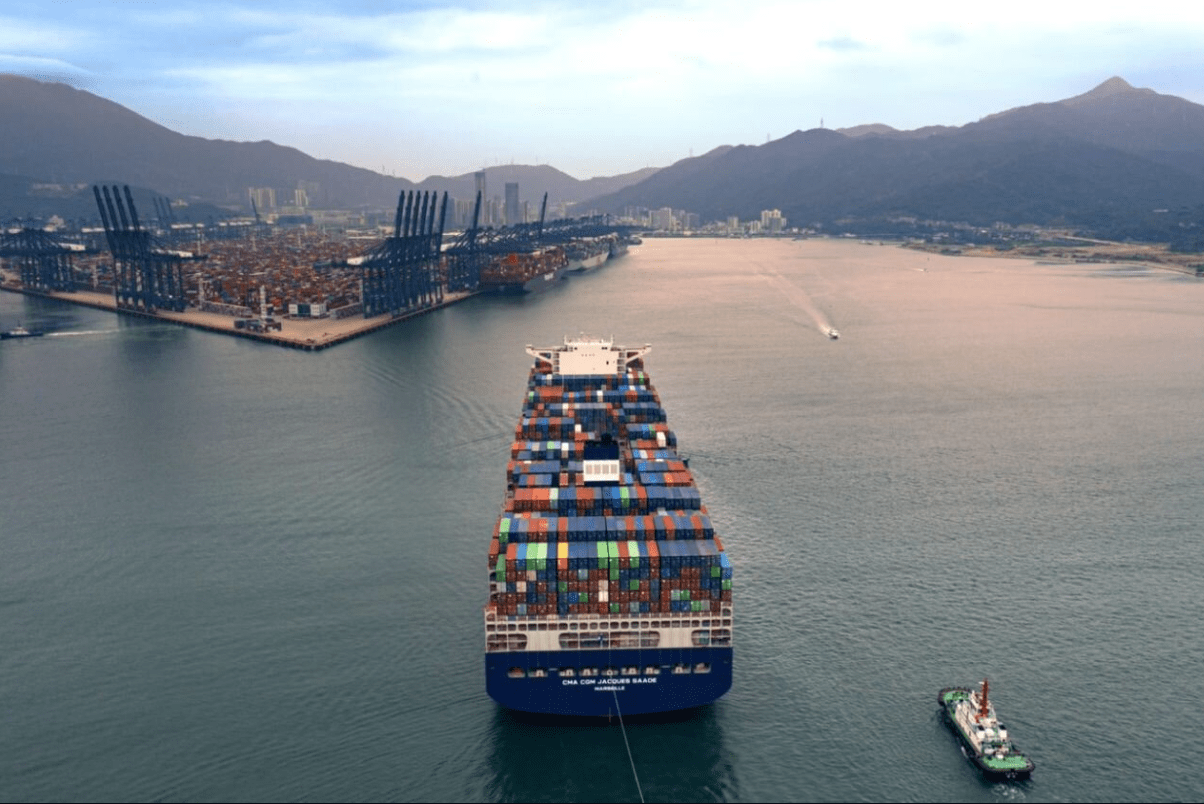Logistic

Cargo Management Technology Solutions Market to Hit $11.4 Billion by 2032: Trends, Drivers, and Future Outlook
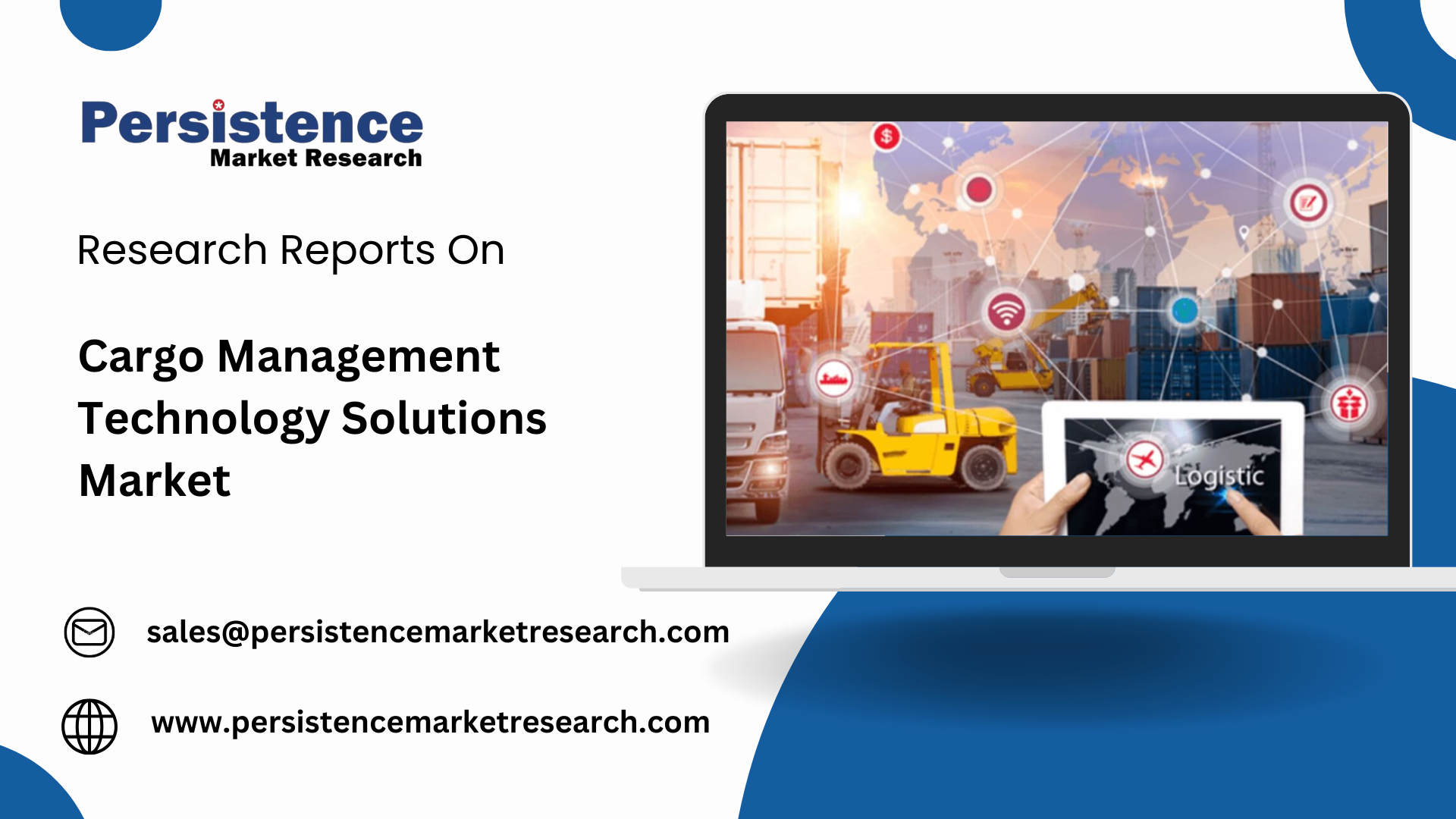
The logistics and supply chain ecosystem has undergone a dramatic transformation in recent years, powered by digitalization, e-commerce expansion, and globalization. At the center of this transformation lies cargo management technology solutions—a segment of logistics technology that enables organizations to streamline operations, track shipments in real-time, and manage complex supply chain networks with precision.
The global cargo management technology solutions market is projected to grow from US$3.7 billion in 2025 to US$11.4 billion by 2032, at a robust CAGR of 17.5% during the forecast period. This rapid growth is fueled by rising trade activities, cross-border e-commerce, and the need for resilient supply chains capable of managing disruptions and enhancing delivery reliability.
Market Size and Growth Overview
The cargo management technology solutions market is witnessing significant momentum as logistics firms, airlines, shipping companies, and freight forwarders transition to digital-first operations.
- 2025 Market Size: US$3.7 billion
- 2032 Forecast Size: US$11.4 billion
- CAGR (2025–2032): 17.5%
This exponential growth highlights the increasing adoption of digital freight platforms, AI-powered management tools, and hybrid deployment models to improve efficiency in cargo handling.
Key Market Drivers
E-commerce Expansion
The e-commerce boom is the primary catalyst for the growth of cargo management solutions. Global online sales are rising at double-digit rates, leading to a surge in parcel volumes and last-mile delivery demands. Businesses now need advanced cargo solutions to:
- Track large volumes of shipments
- Minimize delays and lost parcels
- Offer real-time visibility to customers
Global Trade Growth
Despite supply chain disruptions in recent years, international trade continues to expand. The increase in import-export activities across industries such as manufacturing, retail, automotive, and pharmaceuticals has amplified the need for efficient cargo management platforms.
Real-Time Visibility and End-to-End Tracking
Modern customers demand transparency. Real-time visibility tools, integrated with IoT sensors, GPS tracking, and analytics dashboards, have become critical. Businesses gain the ability to:
- Monitor cargo at every stage
- Predict delays
- Proactively reroute shipments
Integration of AI and Automation
The adoption of artificial intelligence (AI), predictive analytics, and automation is transforming cargo operations. AI helps in:
- Route optimization
- Demand forecasting
- Intelligent decision-making
Automation reduces human errors and speeds up cargo handling processes.
Regulatory Compliance and Security
With global trade regulations becoming stricter, cargo management technology ensures that businesses maintain compliance with customs, security protocols, and environmental regulations. This reduces risks of penalties while enhancing global trade efficiency.
Market Trends
Rise of Cloud-Based Solutions
Cloud-based cargo management platforms are expected to dominate with a 50% market share in 2025. They offer:
Scalability
- Cost-effectiveness
- Easy integration with other supply chain tools
- Digital freight platforms hosted on the cloud enable logistics firms to seamlessly manage operations across geographies.
Hybrid Deployment Models
Hybrid deployment, which combines on-premises and cloud-based solutions, is gaining traction. Smart cargo systems under this model integrate IoT sensors, GPS, and data analytics to ensure comprehensive cargo visibility and predictive maintenance.
Logistics as the Dominant Application
The logistics sector accounts for 35% of the cargo management technology market. From warehouses to transport management, logistics firms are leveraging supply chain management software to streamline processes, reduce inefficiencies, and boost profits.
Predictive and Prescriptive Analytics
Beyond visibility, businesses are increasingly relying on predictive analytics to forecast demand and prescriptive analytics to optimize routing and fleet management.
Blockchain Adoption
Blockchain is emerging as a game-changer in ensuring secure, tamper-proof cargo documentation and transaction records, reducing fraud and enhancing trust across supply chains.
Regional Insights
North America – Market Leader
- Market Share: 40%
- Growth Driver: High adoption of transport management systems (TMS)
- Key Highlight: Over 65% of logistics firms in the U.S. are adopting digital freight platforms.
North America’s dominance is powered by advanced logistics infrastructure, significant investments in automation, and strong adoption of cloud-based cargo management systems.
Asia Pacific – Fastest Growth
- Growth Rate: 20% CAGR
- Key Driver: AI-powered cargo management adoption in e-commerce-driven economies
- Countries like China, India, and Southeast Asian nations are experiencing a surge in e-commerce activities, with 25% growth in online retail. This is fueling demand for intelligent cargo systems to manage massive order volumes.
Europe – Focus on Sustainability
Europe’s logistics sector is integrating green supply chain technologies with cargo management platforms. The push for reducing carbon emissions and ensuring sustainability is leading to adoption of solutions that optimize fuel usage and reduce wastage.
Middle East & Africa – Emerging Opportunities
Rising trade routes, investments in ports, and smart city initiatives are encouraging logistics firms in the Middle East and Africa to adopt advanced cargo management technologies.
Opportunities and Future Outlook
- The future of cargo management technology solutions is bright, with multiple opportunities emerging across the ecosystem:
- Digital Freight Marketplaces: Increasing adoption of freight platforms that connect shippers and carriers in real-time.
- Last-Mile Optimization: AI-driven solutions to cut delivery times and costs in last-mile logistics.
Sustainability Solutions: Demand for eco-friendly cargo systems that optimize fuel consumption and reduce emissions. - Advanced IoT Integration: Next-gen IoT sensors for real-time condition monitoring (temperature, humidity, vibration) for sensitive cargo such as pharmaceuticals and food.
- Cybersecurity in Cargo Systems: With rising digitalization, protecting cargo data and shipment information from cyber threats will be a critical growth area.
Conclusion
The cargo management technology solutions market is on a strong growth trajectory, set to nearly triple in value by 2032. Key drivers such as e-commerce growth, globalization of trade, AI adoption, and demand for real-time visibility are reshaping the logistics landscape.
While North America continues to lead the market, Asia Pacific stands out as the fastest-growing region, fueled by its booming e-commerce sector. Cloud-based and hybrid solutions, IoT integration, and AI-powered predictive tools will remain the backbone of this growth.
For logistics firms, airlines, and shipping companies, investing in cargo management technology is no longer optional—it is essential to stay competitive, resilient, and customer-centric in an increasingly digital global economy.





